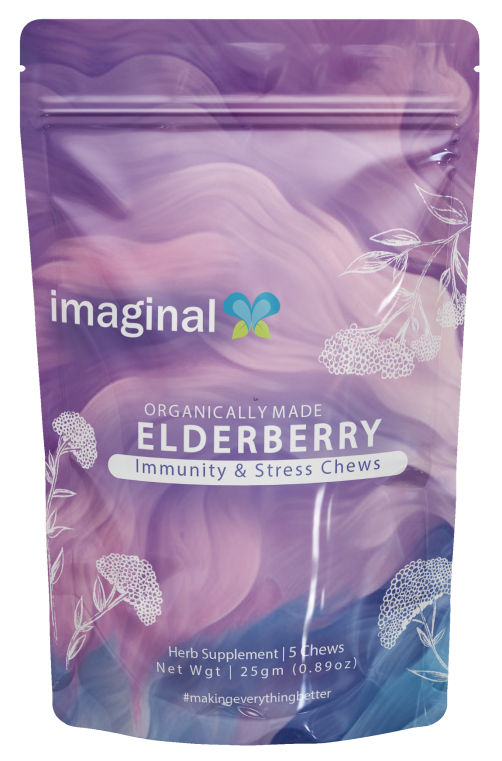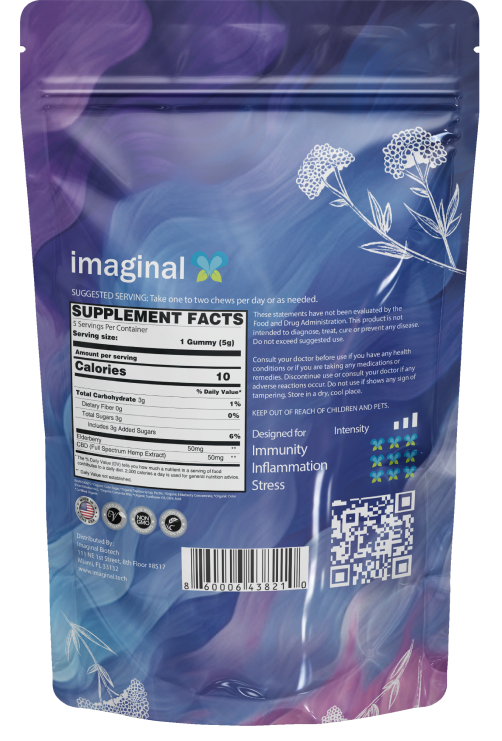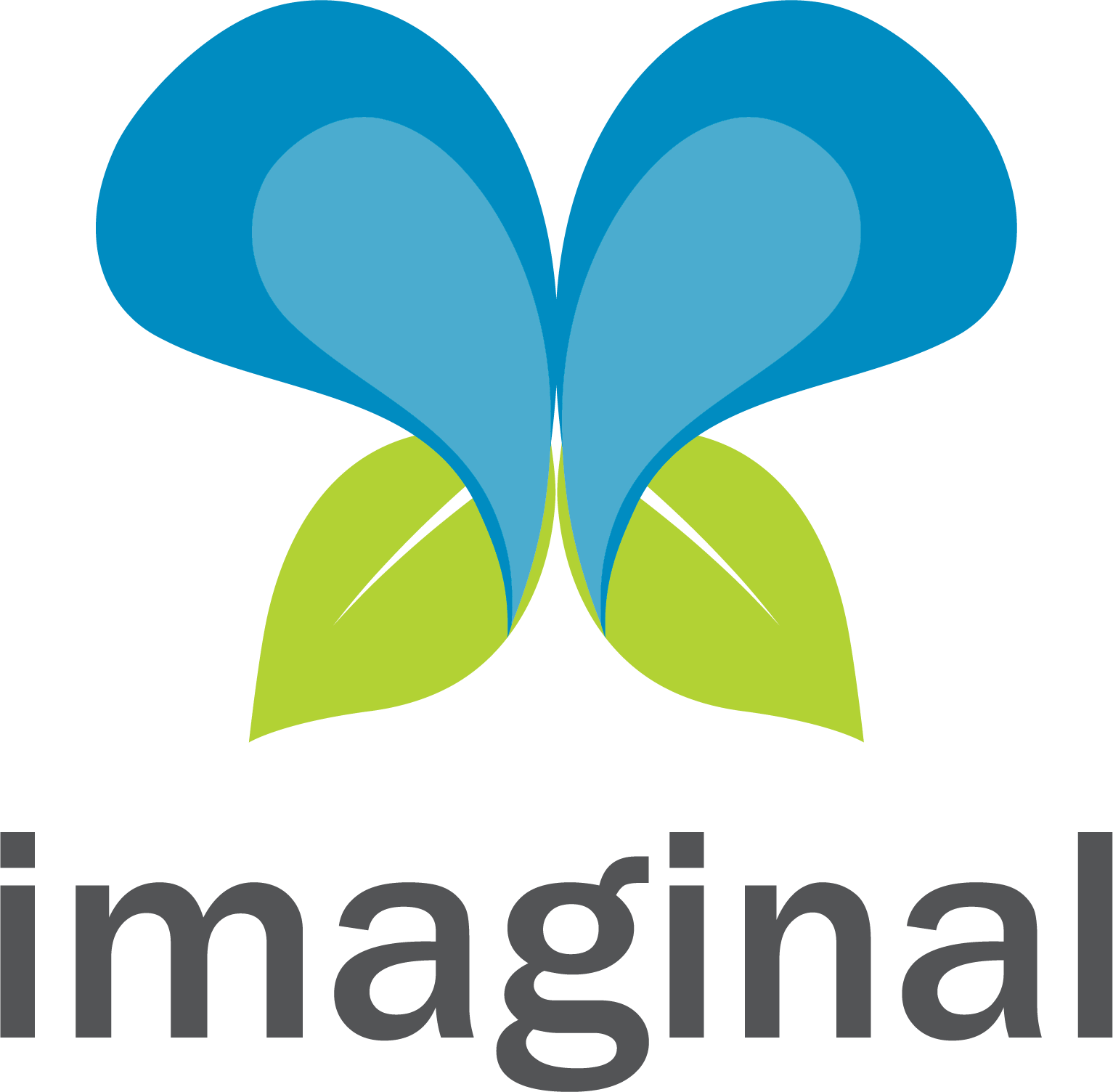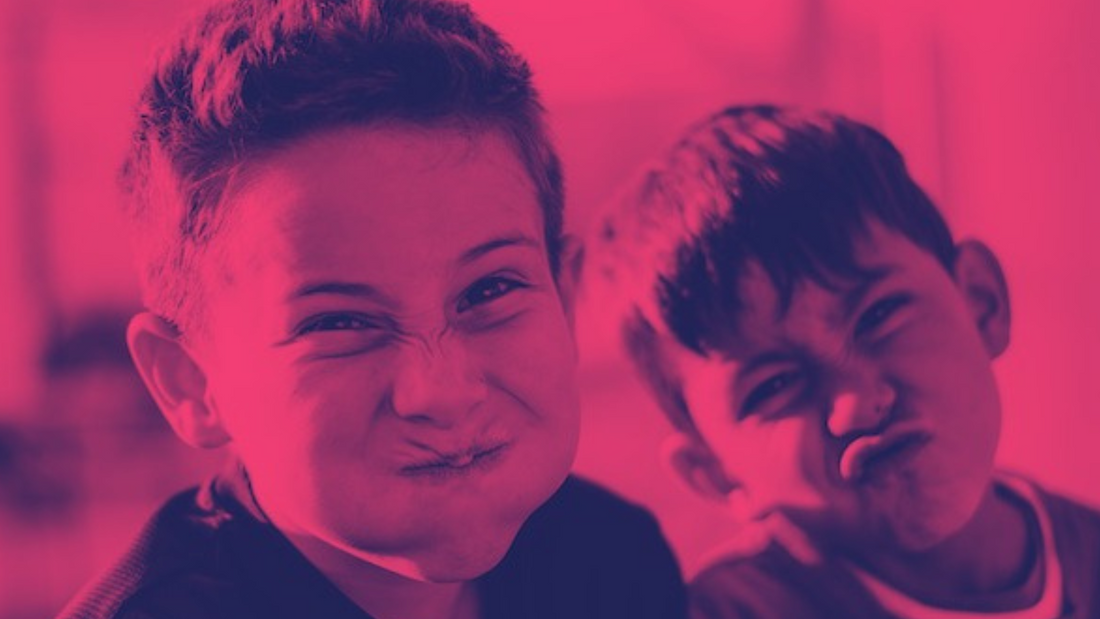If you're considering using CBD for your child's health concerns, you may be wondering: is it safe for kids? The truth is: we still lack the necessary research to fully understand CBD's efficacy and long-term safety in children.
However, we’ll cover below what we do know so far about CBD for kids. Let’s talk about the different forms of CBD products, what medical conditions they may be helpful for, and things you should consider before giving CBD to your child.
Table of Contents
What Is CBD?
Cannabidiol (CBD) is a naturally-occurring active ingredient derived from the Cannabis sativa plant. It is non-addictive, meaning it doesn’t cause a “high,” which is characteristic of tetrahydrocannabinol (THC).
According to preclinical studies, CBD affects two cannabinoid receptors in the body: CB1 and CB2. CB1 receptors are located primarily in the brain and are responsible for reducing pain and inflammation and regulating movement, memory, sensory perception, and cognitive function.
Cannabidiol affects CB1 receptors by stopping the enzymatic breakdown of anandamide (a molecule that naturally binds with these receptors), allowing it to stay in your body for longer, decreasing anxiety, and inducing calmness.
At the same time, CBD also increases CB2 receptor signaling, which is linked to the immune system, reducing inflammation and pain.
Forms Of CBD
CBD comes in several forms, such as:
- Medication – There are a few CBD prescription medications available. For example, Epidiolex, a medicine made from isolated CBD, can be used to treat Dravet syndrome and Lennox-Gastaut syndrome, two rare forms of epilepsy.
- Gummies – CBD gummies can help children with sleep disorders and anxiety. However, they typically contain small quantities of THC.
- Transdermal Patches – These patches provide a specific level of CBD over time and can help with pain and inflammation, epilepsy, sleep disorders, anorexia, etc.
- CBD Oil – CBD oil comes in several potencies, but it has an earthy taste many people don’t like. However, you can choose a flavored oil for your child.
Benefits Of CBD For Kids
An increasing amount of evidence shows that CBD may be an effective treatment for children with sleep problems, anxiety, hyperactivity, and other clinical conditions. Let’s talk about them below:
Anxiety
Anxiety disorders can lead to PTSD, impair your ability to focus, and cause aggressive behaviors. CBD can reduce anxiety disorders like obsessive-compulsive disorder (OCD), social anxiety disorder, and post-traumatic stress disorder (PTSD).
In a 2015 study, a ten-year-old girl was given cannabidiol supplements (25 mg) at bedtime and sublingual spray (6–12 mg) during the day for five months to treat PTSD, anxiety, insomnia, suicidal ideation, and self-destructive behavior.
After five months, the patient experienced significantly less anxiety and insomnia at school and home and was able to sleep most nights in her room.
Animal studies also support the use of CBD as a potential treatment for anxiety disorders and report that it may “block anxiety-induced rapid eye movement (REM) sleep alteration” by having an “anxiolytic effect” on the brain.
Autism
Children with autism spectrum disorder often exhibit symptoms like aggression, hyperactivity, and anxiety. Cannabidiol has been suggested as a candidate for treating ASD, with one study suggesting it might be effective at treating the comorbid symptoms of ASD.
The study focused on 53 children with a median age of 11 (4–22). Each child received cannabidiol at a concentration of 30% and a ratio of 1:20 of CBD and THC. The daily dose of CBD was 16 mg/kg, and for THC, it was 0.8 mg/kg.
The children received cannabidiol for a median duration of 66 days (30–588). And each child’s parents gave a biweekly follow-up telephone interview to help track any changes and adverse effects.
According to the study results:
- Regular cannabidiol intake reduced the incidence of self-injury and rage attacks in 67.6% of children, while 8.8% worsened.
- Around 68% of children experienced fewer hyperactivity symptoms, 28.9% didn’t experience any change, and 2.6% declined.
- Cannabidiol also reduced sleep problems in 71.4% of the children and lowered anxiety in 47.1%.
- Side effects included a mild change in appetite and sleepiness.
Epilepsy
CBD has been approved in the form of Epidiolex by the FDA to treat two severe and rare forms of epilepsy: Dravet syndrome and Lennox-Gastaut syndrome. The drug was tested on 516 patients with either syndrome in three drug trials and was shown to reduce seizure frequency.
Other research on pediatric epilepsy in Israel has yielded similar results, with 89% of children (66/74) reporting reduced seizure frequency and improved behavior and alertness.
Safety Considerations Of CBD
While there is evidence of the benefits of CBD for kids, there are some risks of using it, such as:
Product And Ingredient Unreliability
Many products have more or less CBD than advertised, which makes it challenging to rely on the quality of the product you’re getting.
Other CBD products may contain THC in large quantities, which can be harmful to children.
Still, others may even contain bootleg CBD, which has been linked to lung illnesses and deaths.
Without a certificate of analysis (CoA), verifying the safety of these products is challenging.
Sleep Problems
While CBD can reduce sleep-related problems, children may become tolerant to it over time, leading to worsening sleep disorders if stopped.
Medication Interaction
While CBD is considered safe, it may cause lightheadedness, dry mouth, diarrhea, nausea, drowsiness, or liver damage when combined with other medications.
Plus, using CBD with sleep-causing medicines may also increase the risk of accidents and falls.
CBD may also interfere with a family of enzymes called cytochrome P450 (CYP450) needed to metabolize drugs in the body. When cannabidiol inhibits CYP3A4, it can’t work as effectively to break down the medications in your system.
So, if you’re thinking of trying CBD to reduce symptoms of specific conditions, talk to your doctor about it first.
They’ll help you determine a CBD product, dosage, and schedule that doesn't cause any drug interactions.
Legal Considerations
While CBD is legal for medical purposes in 25 states, and 17 more allow the use of medical products that are high in cannabidiol (CBD) but contain less than 0.3% THC, it is still classified as a Schedule I substance. This means it’s illegal to give to children.
Plus, CBD products derived from marijuana and those containing more than 0.3% THC are currently illegal at the federal level.
However, laws about the medical use of cannabis vary from state to state, so be sure to check your state laws before purchasing CBD products for your child.
Conclusion
Cannabidiol is a natural remedy that has shown promise in treating various medical conditions in children, including anxiety, autism, and epilepsy.
And while there is still a need for more research to determine its long-term safety and efficacy, CBD has been approved by the FDA to treat two rare forms of epilepsy.
If you’re considering using CBD for your child, make sure to discuss everything with your healthcare provider and consider the potential risks and benefits before proceeding further.
(This article has been written by Dr. Eilaf Meenai, MBBS)




